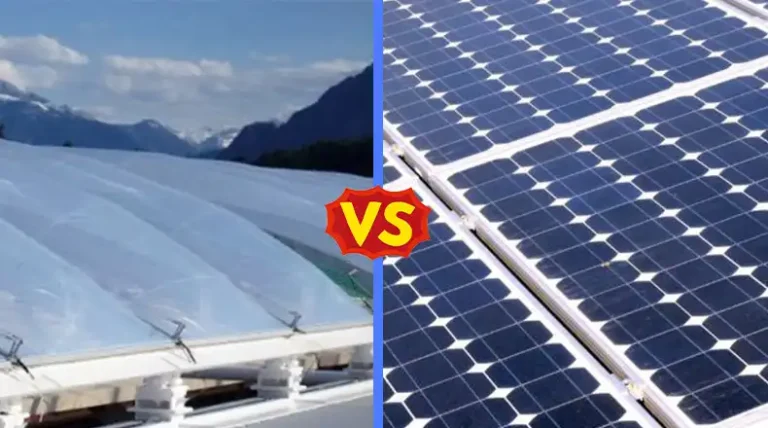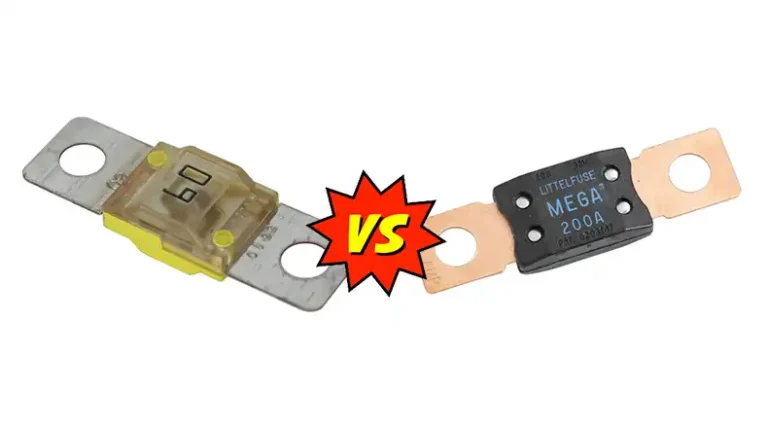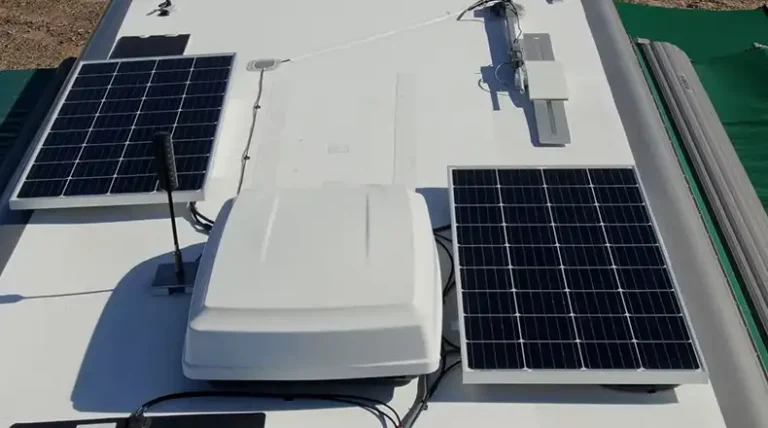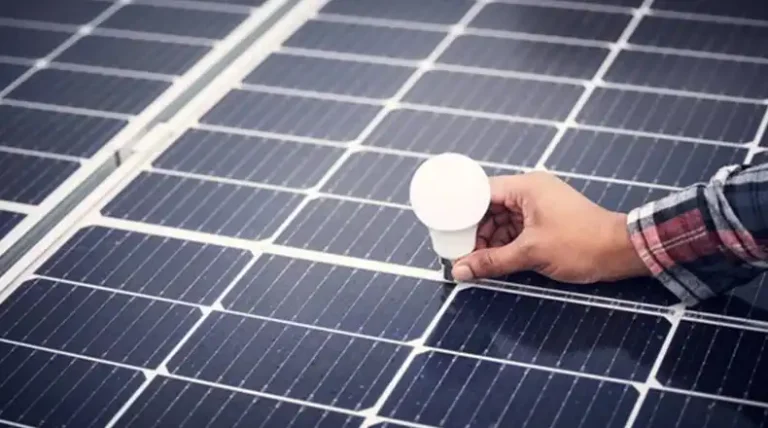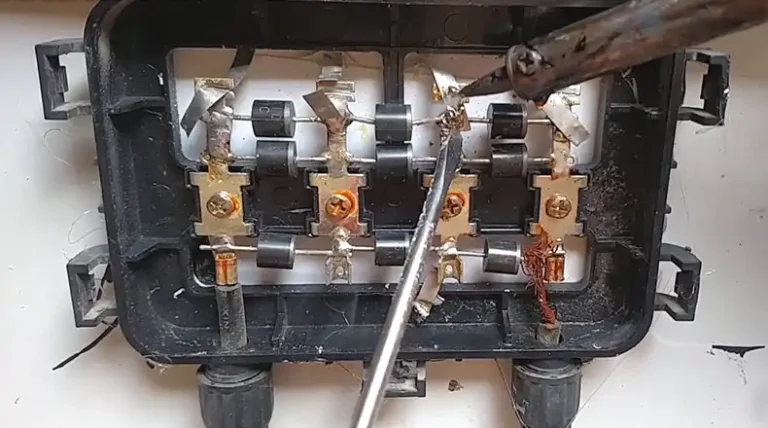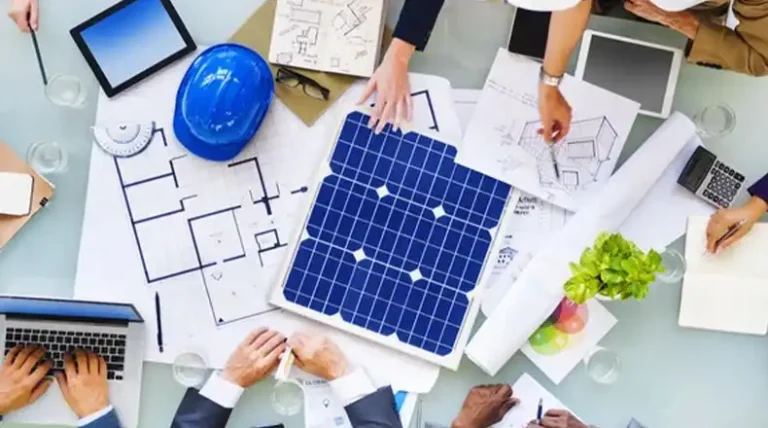How Often Should You Clean Solar Panels?
Installing solar panels represents a significant investment, so you’ll want to keep them performing at their best. Over time, dust, dirt, pollen, bird droppings, and other debris accumulate on solar panels, blocking sunlight and reducing energy production. This raises the question – how often should you clean solar panels to maintain peak efficiency?
Recommendations vary based on climate conditions and the level of local pollution and debris, but typically cleaning solar panels every few months is advised. More frequent cleaning may be warranted depending on environmental factors. Regular monitoring and a discerning eye will guide you in determining the optimal cleaning schedule.
This guide is filled with practical insights, and I hope it will empower you to make informed decisions about how often you should clean your solar panels.
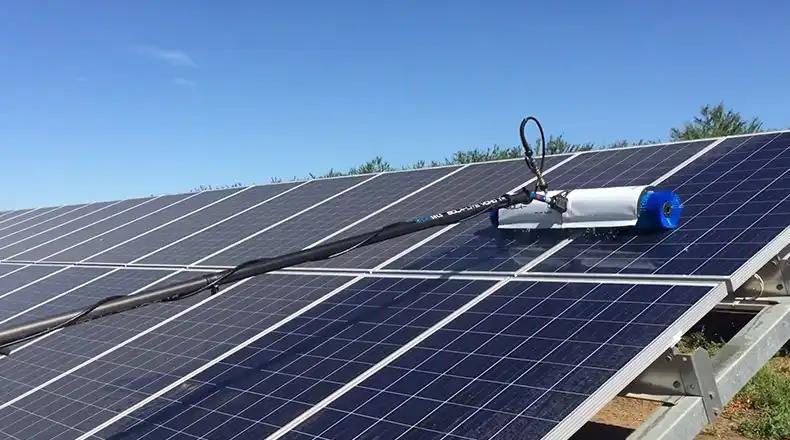
How Often to Clean Solar Panels
The optimal cleaning frequency varies based on factors such as pollution levels, weather conditions, and potential natural calamities. Let’s explore different scenarios:
- High Pollution Areas: Cleaning may be required every 3-6 months.
- Mild Pollution Areas: An annual cleaning may suffice.
- Frequent Rainfall: Rain can naturally clean solar panels to some extent, but periodic manual cleaning is still recommended.
What Affects Cleaning Frequency?
Factors that influence how often solar panels need cleaning include:f
- Climate and weather: Hot, dry, humid, or rainy conditions affect debris buildup speed. Pollen count and seasonal allergens increase debris in spring/fall.
- Urban vs rural: More pollution and dirt in cities increases cleaning needs.
- Tilt angle: Vertical solar arrays need less frequent cleaning than angled panels.
- Tree coverage: Nearby foliage results in more airborne debris on panels.
- Bird populations: Areas with more birds require vigilance against droppings.
- Weather events: Seasonal storms or wind may prompt additional cleaning needs.
Evaluating local conditions helps determine optimal solar panel cleaning schedules.
How to Find Out If Your Solar Panels Need Cleaning
Visual inspection is the best way to determine if your solar panels need cleaning. Look for these signs:
Sign 1: Dirt or debris accumulation covering more than around 5% of the panel surface.
Sign 2: Gridlines and cells becoming obscured by grime.
Sign 3: Discoloration or strange dark patterns across panels.
Sign 4: Steady decrease in energy output over time.
Sign 5: Visible bird droppings or fallen leaves/branches.
Your solar monitoring system can also indicate reduced efficiency signaling a need for cleaning.
Why It’s Important to Clean Solar Panels
When dirt, dust, and other contaminants are allowed to build up on solar photovoltaic panels, it starts to negatively impact system performance. Here’s why regular cleaning is so important:
- Blocked sunlight – Debris prevents sunlight from effectively reaching the solar cells, reducing energy absorption.
- Reduced efficiency – Clean panels can achieve 15-25% greater energy efficiency versus dirty panels with partial blockage.
- Lower energy output – Cleaning can increase energy production because more sunlight strikes the solar cells.
- Avoid panel damage – Built-up grime holds moisture, which can eventually lead to corrosion, staining, or cracking.
Regular cleaning restores panels to maximum sunlight exposure and electrical output.
How to Clean Solar Panels
When cleaning is needed, use these safe and effective techniques:
Step 1: Remove loose debris with a soft brush. Don’t scratch the surface.
Step 1: Spray panels gently with water using moderate pressure. No harsh spraying.
Step 2: Apply a mild eco-friendly cleaning solution with a microfiber cloth.
Step 3: Softly wipe away stubborn dirt with a non-abrasive sponge.
Step 4: Rinse panels thoroughly with water to avoid streaking.
Step 5: Let panels air dry completely before reconnecting electrical.
Notes:
- Never use abrasive brushes or harsh chemicals that could damage the panels. Soft touch is key.
- Always use gentle water pressure to prevent damage.
Additional Cleaning and Maintenance Tips for Solar Panels
- Perform visual inspections seasonally to spot any developing buildup issues early.
- Create a cleaning and maintenance schedule based on local conditions.
- Have professionals handle roof-mounted panel cleaning safely.
- Wear protective gear like goggles, gloves, and proper footwear for roof work.
- Solar panel cleaners with telescoping handles simplify safe cleaning.
Staying on top of scheduled system cleaning and maintenance ensures your solar investment continues generating clean power at its highest possible efficiency.
FAQs
What Tools Are Needed To Clean Solar Panels?
Soft brushes, microfiber cloths, low-pressure sprayer, cleaning solution, water, and protective gear like gloves and goggles. Avoid abrasive materials.
How Can I Clean Solar Panels Safely?
Use gentle cleaning techniques, avoid harsh spraying, minimize abrasion, wear protective equipment when working on roofs, and let panels fully dry before reconnecting power.
What Precautions Should Be Taken When Cleaning Solar Panels On The Roof?
Use fall protection like harnesses and guardrails. Bring someone to assist. Wear shoes with strong grip. Work carefully in shaded areas on cooler days.
Are Cleaners Specifically For Solar Panels Really Necessary?
Solar-specific cleaners are ideal, but mild eco-friendly soaps can work too. Avoid chemical-laden cleaners.
Can Rainwater Keep Solar Panels Clean Enough?
Rain can help wash away some buildup but is rarely sufficient on its own, especially on angled panels. Some manual cleaning is still required.
Does Rain Clean Solar Panels?
While rain can help, it may not provide a thorough cleaning. Manual cleaning is still recommended for optimal performance.
Conclusion
Regular light cleaning every 6 months is recommended for most solar panel systems, paired with careful inspections and maintenance. More frequent cleaning may be needed for panels in dusty climates, high debris areas, or with heavy bird activity. Proper cleaning and maintenance will extend the productivity and value you get from your solar investment for years to come. Feel free to share your thoughts or questions in the comments below, and may your solar panels continue to bask in the glow of efficient energy production!

